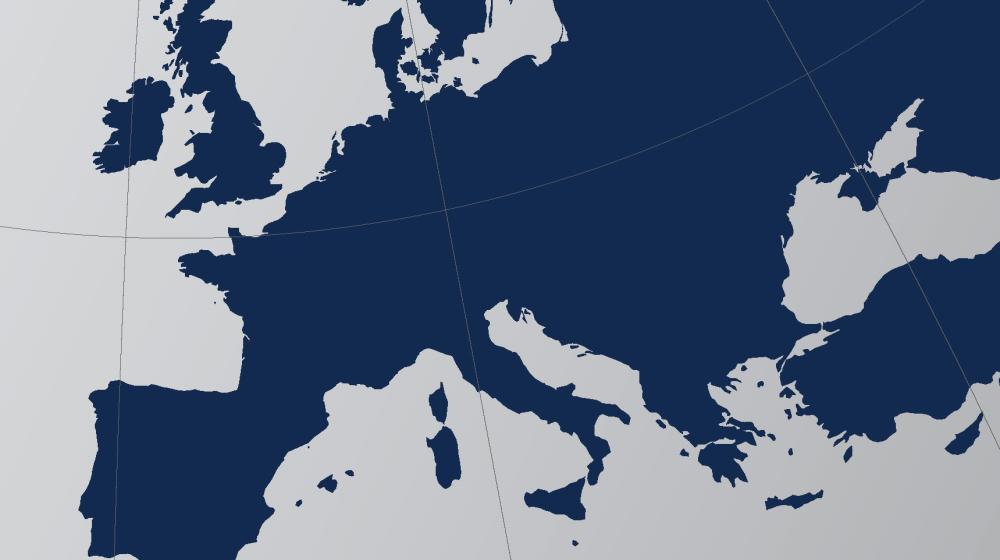The transatlantic relationship has been the cornerstone of the EU’s foreign and security policy. However, in a context where some in the US are looking inwards and questioning the values and institutions their country has built internationally, expectations on Europe have increased. The rise of new global power centres has added a new dimension to transatlantic debates, and both sides of the Atlantic must redefine the relationship to preserve security and prosperity, as well as maintain influence in an emerging international system where the 'West’– may no longer be dominant.
The EU has also cultivated and institutionalised relations with Canada and many countries of Latin America and the Caribbean (LAC). Recent changes in the international context have made the EU a more attractive partner to LAC countries, which are facing economic slowdowns, rising criminality and problems related to the rule of law. However, the increasing contestation of democratic values (which used to bind LAC countries together) has put regional institutions under pressure and strained relations with the EU.
In the wake of the Artificial Intelligence Strategy unveiled by the US Department of Defense in 2019, this Brief examines the implications of the initiative for Europe and for transatlantic defence cooperation. It argues that Europeans need to develop a strategy for military...
According to a famous science fiction film, the future is what you make of it. This Chaillot Paper takes this quote from Back to the Future to heart, proposing 14 different portraits of the future for the year 2024.
The EUISS and the Research Division of the NATO Defense College joined forces to examine NATO-EU cooperation from a variety of angles. Specifically, this publication analyses interaction between both organisations by focusing on the main areas of cooperation identified in the two...
The 2019 Yearbook of European Security provides an overview of events in 2018 that were significant for European security and charts major developments in the EU’s external action and security and defence policy.
The 150th Chaillot Paper produced by the EUISS, this publication aims to alert decision-makers to potential developments with significant strategic impact while they can still prepare for, or even avoid them.
The third in the EUISS connectivity series, this Brief focuses on China’s Polar Silk Road project, which officially incorporates the Arctic Ocean into Beijing’s Belt and Road Initiative, and examines what it reveals about China’s broader geopolitical ambitions in the region.
The Yearbook of European Security (YES) is the Institute’s annual publication compiling key information and data related to the CFSP and CSDP in 2017. YES 2018 provides an account of the EU’s engagement with the world through evidence-based, data-rich chapters.
This Chaillot Paper examines the relationship between the EU and Latin America and the Caribbean (LAC). It argues that the original assumptions underpinning EU policy towards the region no longer apply, due in part to the ongoing obstacles to regional integration in LAC.
This Brief explains how, in theory, the US spending less money on the UN could have yielded more desired outcomes by providing greater clarity of priorities and efficiency of operations. But in practice, having fewer resources and engaging less seems to have resulted in more...
This Alert explores the implications of President Trump’s decision to roll back on the previous administration’s opening to Cuba and stresses that, even if the US returns to a hostile attitude, it is in the EU’s best interest to continue with its policy o






